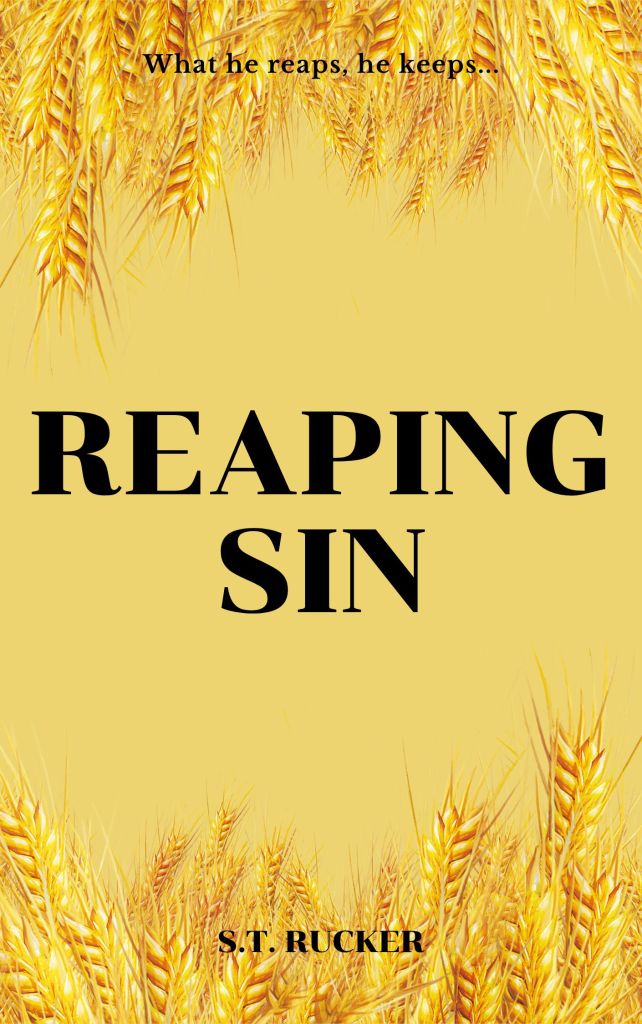Just like the idea for this post that you’re reading right now, usually when I write a story inspiration has struck me. It has delivered to me the general idea of the story that I want to write, and more, and continues to flow as I write my hopefully copious notes for that story. As the writer, almost like a prophet, I am the medium through which “Divine Inspiration” is choosing to speak. All I have to do is convey what I’m being shown in my head and what I’m feeling to the best of my ability. That’s usually how it works.
Like many writers, I’ve constructed writings for assignments from elementary school to high school and in college, maybe for the odd writing contest or prompt during a writer’s meeting or workshop, but I don’t think I’ve ever constructed an entire novel on my own time, as in written an entire novel from the ground up, so to speak, particularly according to a plot formula. In most events, inspiration usually strikes me before writing something even if it usually only gets me so far and there is some “gap-filling” as I write. Some assembly is required because no story ever comes to me 100% fully formed.
One morning, I was reading the author’s notes of the latest Ruby Dixon book and I found myself thinking about how she builds her worlds. Though I have an eternal love of romance, fantasy, and sci-fi, reading Dixon’s work started because I was bored and, as usual, unable to find anything that suits my desires so I wearily gave her a try after avoiding her for many, many moons. Never having been one of those writer/readers who has a favorite author or writer that I imitate or aspire to be like, it says a lot that I’ve read so many of Dixon’s books. If nothing else, I’ve come to see that she really enjoys what she writes and when I tried to imagine how she channels her enthusiasm, researches for her books, relies on sensitivity readers, etc., I started thinking a little harder about the challenges of relying on inspiration (or rather The Muse™) alone in my own work. Sometimes I feel like I’m cracking under the pressure of living up to my muse’s innocently lofty inspirations and desires of delivering stories in a way that makes people want to read and keep reading what I offer. This brings to mind another Black woman author who advised writers to regularly practice writing instead of waiting for inspiration. Thinking about story crafting and world building, especially while going over some of the resources on National Novel Writing Month’s website as I prep for this year’s 50,000 word challenge, has led to me trying to figure out a new way to balance my writing. (I’m also trying to stick to my deadlines so I can work on something new this November).
So I wonder…
What would happen if I worked at “constructing a story” versus conveying a story delivered to me by The Muse™/Divine Inspiration?
Somewhere inside (likely because I’ve always had a fairly healthy muse on my shoulder whispering in my ear), it usually feels like completely contriving a story, especially when the writing is solely for profit, is…wrong. Acting as a sort of medium through which a story is communicated has always felt natural to me. For the first time, however, I’ve had to wonder if writing fueled by inspiration alone is holding me back. Even if the story is ultimately coming from inside of me and the things around me that inspire me, has solely obeying the will of The Muse™ slowed me down when I could be sharing more of my work with the world and putting myself out there more? Has my unwitting reliance on inspiration made writing less fun and turned it into more of a responsibility and sacred duty than a beautiful expression of creativity and imagination? Am I ultimately asking The Muse™ for permission to write instead of letting my imagination be free to explore and build a story the way I want? Furthermore, am I bowing to Divine Inspiration as the only source capable of bestowing me with a story worth sharing?
With these thoughts in mind, I’ll definitely be reflecting on my writing and seeing what serves me and my stories best in the coming days. Maybe something about the way I write has gotta change and maybe it will change for the better.
Write on,
~S.T.

